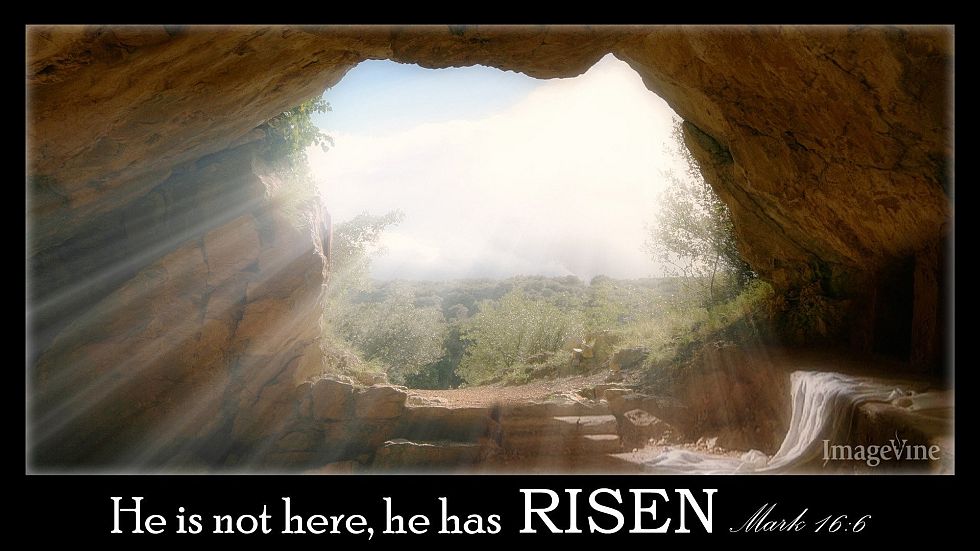That is not a simple question!
Every day brings news of further strikes. Think transport, NHS, Royal Mail, schools, and the civil service. Everyone’s impacted. And opinions run hot.
It’s tempting to support who you feel most sympathy for. Yet if a dispute reaches a point where workers walk out, both sides have fallen short.
This article is one in a series (Connecting with Culture) from the the London Institute of Contemporary Christianity.
Preaching on Colossians 3:22–4:1 in 1973 – a time of equal unrest – John Stott set out a biblical framework for industrial relations based on employees and employers having reciprocal duties. Employees have a duty to provide good, honest, productive work, and employers to provide them with just wages and fair conditions. One party is not providing charity to the other but fulfilling their responsibilities. Both parties should concentrate on their own duties and not simply their own rights, remembering that everyone’s equal under God’s authority.
These are solid principles to stand up for. But looking at current disputes, we could conclude that both sides are equally right and equally wrong. So, as someone who once worked for a trade union, and is now an employer, I’ve found two questions helpful in shaping my attitude to each dispute:
1. Do these actions facilitate or impede our call to work ‘as working for the Lord’ in the long term as well as the short term?
Often workers’ short-term gains come at a greater cost to the sustainability of work, the organisation we work for, and even our country’s livability with future generations in mind. Equally, a ‘harsh’ settlement for workers unjustly leads them into long-term need. We seek sustainably good work with just recompense.
2. How does my action demonstrate a love for my neighbour above love for self?
One of the goals of our work must be to sustain and develop God’s creation, expressing God’s command to love our neighbour. How will or won’t my decision demonstrate this imperative?
There are of course many more good questions to interrogate the motivations, aspirations, and outcomes of each side amidst industrial disputes. But these are a good starting point for your ‘water cooler’ conversations, as you help colleagues make sense of why you did or didn’t strike, as a follower of Jesus in your workplace.
Lasting, redemptive resolutions – where each side releases their own claims and seeks the welfare of others – may seem a distant miracle, but let’s pray for peacemakers and trust in a God who can soften hardened hearts.
—
Ross Hendry
Chief Executive of CARE
This article is one in a series (Connecting with Culture) from the the London Institute of Contemporary Christianity.






